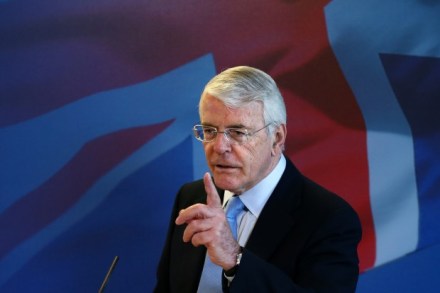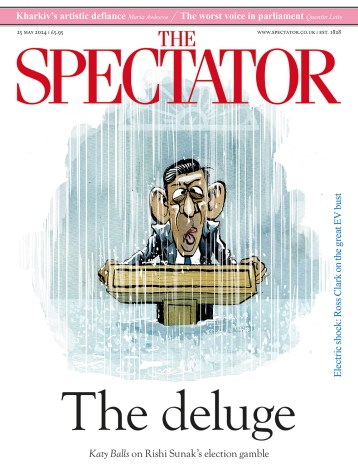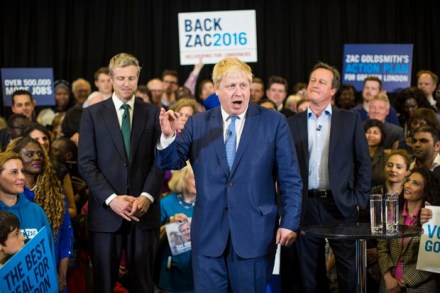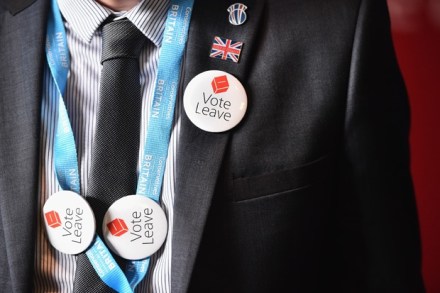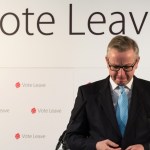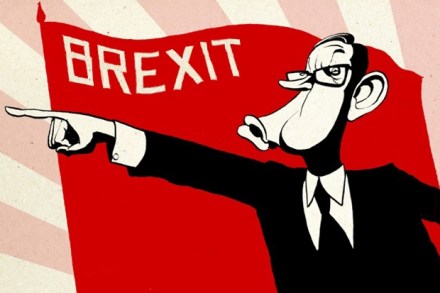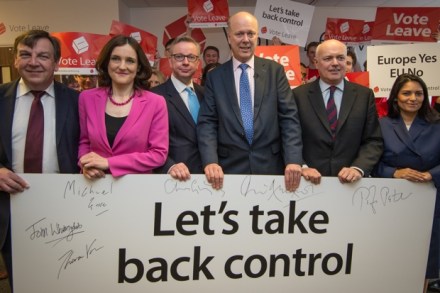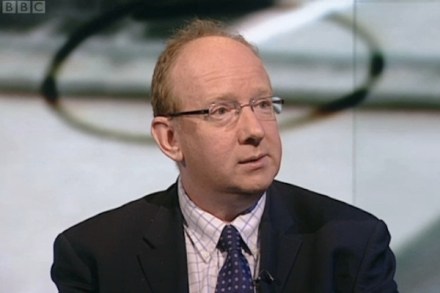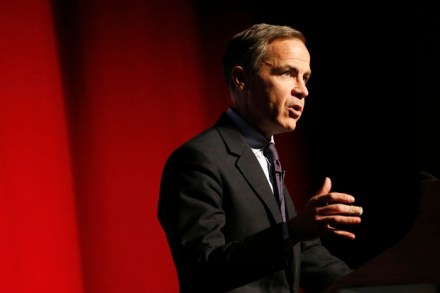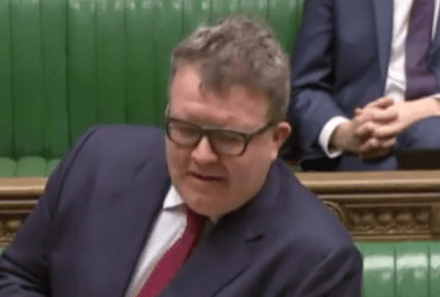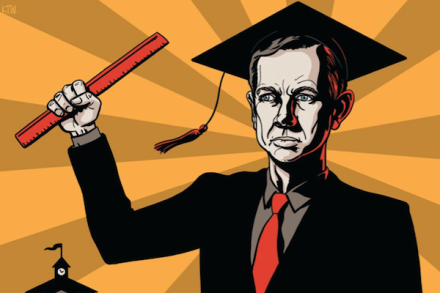Is the Brexit campaign ‘morphing into Ukip’?
Is the Brexit campaign ‘morphing into Ukip’? That’s what Sir John Major will say he fears is happening later. In a speech at Oxford University, he’ll argue that those calling for Britain to leave the EU are ‘fuelling prejudice on immigration’. He’ll also say that: ‘As the leave arguments implode one by one, some of the Brexit leaders morph into Ukip and turn to their default position – immigration. I urge them to take care, this is dangerous territory that – if handled carelessly can open up long-term divisions in our society’. So does he have a point? It’s definitely credible to see how some elements of the leave camp
